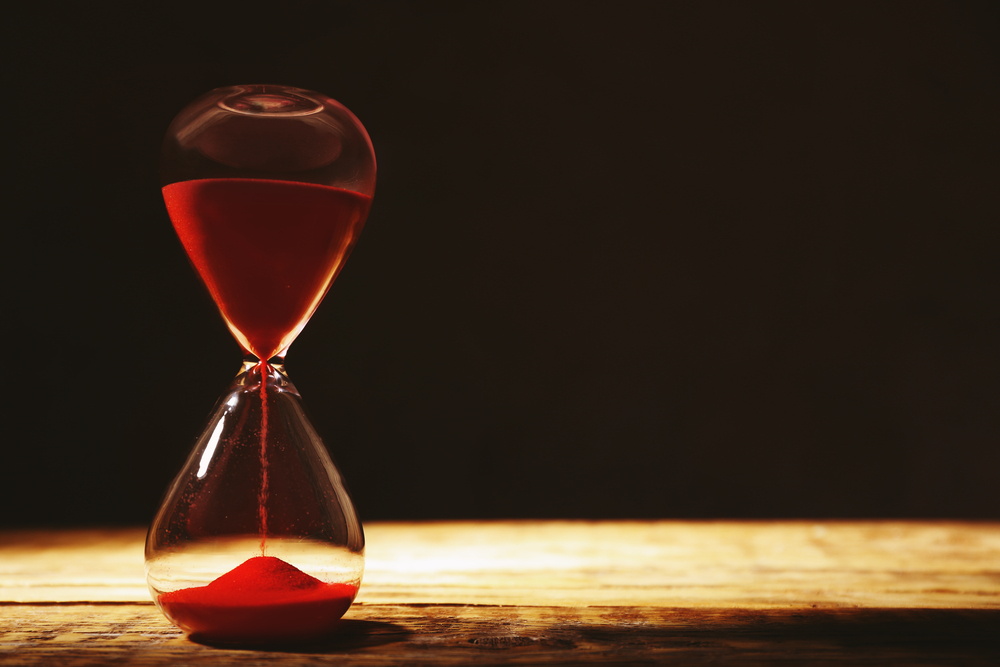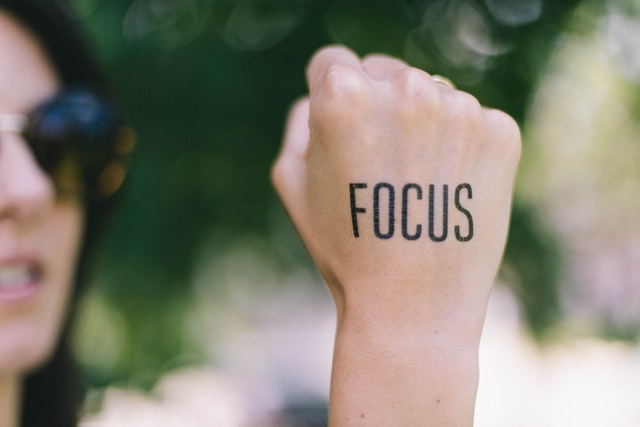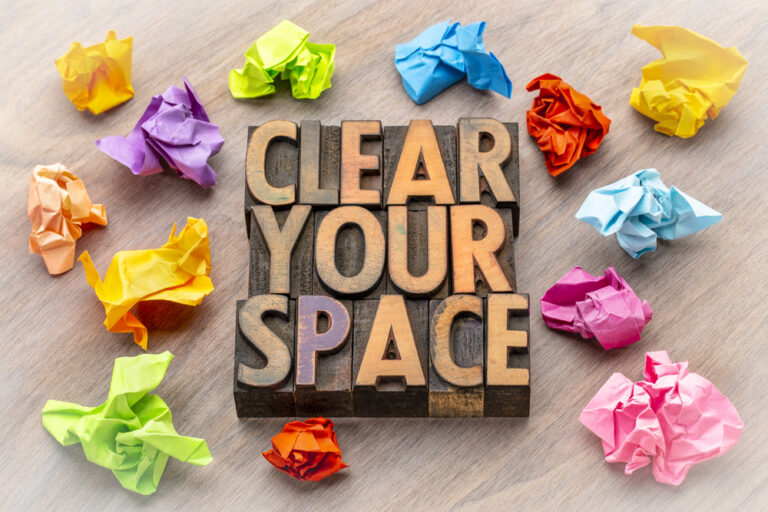Actionable tips to Stay Focused Throughout Decluttering Process
Are you tired of starting to declutter only to find yourself easily distracted, losing focus, and not making much progress?
Decluttering can be a daunting task, but with the right strategies, you can stay on track and have the process efficient and effective.
In this blog post, I will share 6 practical tips to help you stay focused and declutter effectively.
Why Can’t you Stay focused?
First, let’s briefly talk about the possible reasons why you have problem focusing on the decluttering task.
- Boredom: The never-ending motions of sorting through belongings and figuring out what to do with them can be boring.
- Decision Fatigue: It’s so mentally draining by thinking about how often I might use it, and all the possible scenarios of “what ifs”.
- External Distractions: You might have young kids who constantly need your attention, phone messages that come in unexpectedly.
- Not Knowing What To Focus On: You keep jumping between areas because one seems more important than the other. As a result, nothing gets completely done.
- Occupied Mind: When preoccupied with other important matters such as work and up-coming events, it is challenging to focus on the decluttering task.
How to stay focused throughout the decluttering process
Now let’s explore the solutions to help you stay focused when decluttering.
1. Set guidelines in advance, Avoid open-ended questions
When you ask yourself open-ended questions about each item you come across, you are likely to lose focus.
Imagine you’re standing in front of your closet, holding a dress you haven’t worn in years and your mind goes like:
“This is such a beautiful dress and I spent so much money on it! What are the situations where I might need it again? Oh yes, weddings! Speaking of weddings, my friend Amy and her boyfriend have been dating for a while. I wonder how they are doing, let me text her…..”
See what went wrong? It all started with a “What if” question about the possible situation you might need that dress. And before you know it, you have been chatting with your friend Amy for 30 minutes, and zero progress on decluttering.
To avoid asking yourself “what if” questions that leads to mind-wandering, you can establish specific guidelines in advance for the items you need to declutter.
Make sure your rules and guidelines are very simple so you can follow them without thinking too much. Some examples are:
- Declutter any T-shirts that are 2 sizes smaller than your current size.
- Declutter items in the drawer that has not been used for more than 3 years.
- Look for kitchen tools and get rid of duplicates.
Having specific guidelines removes the need for open-ended questions about possible future scenarios because it’s based on your current needs and usage patterns.
2. Eliminate distractions
Turn off your tv and put your phone on silent. If you have children or pets, ask someone else to watch them for a while so you can focus on decluttering.
In addition, if you like to listen to music or podcast when decluttering, it’s important to be selective with your choice of music or podcast shows.
While listening to something can make decluttering more enjoyable, it can also be distracting if not chosen wisely.
Don’t forget, your main purpose is to set the stage for maximum productivity. Think of some calming background music or easygoing podcasts. They’ll be there to keep you in the groove, but they won’t shift your focus from the decluttering mission.
3. Race Against Time

This is my go-to method of decluttering. In addition to helping me stay focused, when the time is up, it’s also so satisfying to see how much stuff I’ve decluttered during such short period of time.
Depending on your time and energy level, set a timer for a reasonable period of time, like 10 or 20 minutes. Challenge yourself to see how much you can declutter within that time frame.
This creates a sense of urgency and turns decluttering into a fun and competitive task. You might be surprised at how much you can accomplish in just a short burst of focused effort.
4. Pick the Right Time of Day and Make It a Routine
Select a time when you are most alert and have the energy to spare.
Are you a morning person who has lots of energy right after you get up? Or are you a busy mom who only has time after kids go to bed?
After deciding on the time, establish it as part of your daily routine. Consistency helps signal your brain that it’s time to declutter, making it easier to stay focused.
5. Make good Use of the “Keep” Box
To avoid constant trips in and out of the decluttering area, use a “Keep” box to temporarily hold items that belong to another area of your home.

Let’s imagine this scenario:
You’re in the middle of decluttering your living room, and you come across an item that definitely belongs in your bedroom. You bring that item out of the living room and into your bedroom.
As you walk in, you notice something in the bedroom and suddenly realize there is something important that you need to do. Before you know it, you have completely forgotten about your decluttering task.
If the above scenario is likely to happen to you, wait until your decluttering session is complete before returning items from the ‘Keep’ box to their proper storage places.
This little trick not only saves you time but also keeps you from wandering off to other tasks or getting sidetracked by items that you should have dealt with later.
6. Know Your “Why” for Decluttering
Knowing your “why” will help you stay focused on your goals and make it easier to decide what to keep and what to let go of.
I once tried decluttering my apartment after I got inspired by a friend’s tidy place. However, my enthusiasm quickly faded and I quit halfway.
The problem was I lacked a solid reason for decluttering. I just did it as an impulsive act without goals or plans. I ended up decluttering aimlessly, unsure of what to focus on, and I gave up quickly.
So, before you start, have a clear why—like making space for your kids or having a tidy home for visitors. Be as specific as possible. That makes the whole process much easier and more successful.
Conclusion
Maintaining focus during the decluttering process is essential for a successful and satisfying outcome.
To recap, here are the tips for staying focus during your decluttering process:
- Set guidelines in advance to avoid asking open-ended questions.
- Eliminate distractions.
- Race against time.
- Pick the right time of the day and make it a routine.
- Make good use of the “KEEP” box.
- Know your “Why” for decluttering.
I hope this article if helpful to you!






